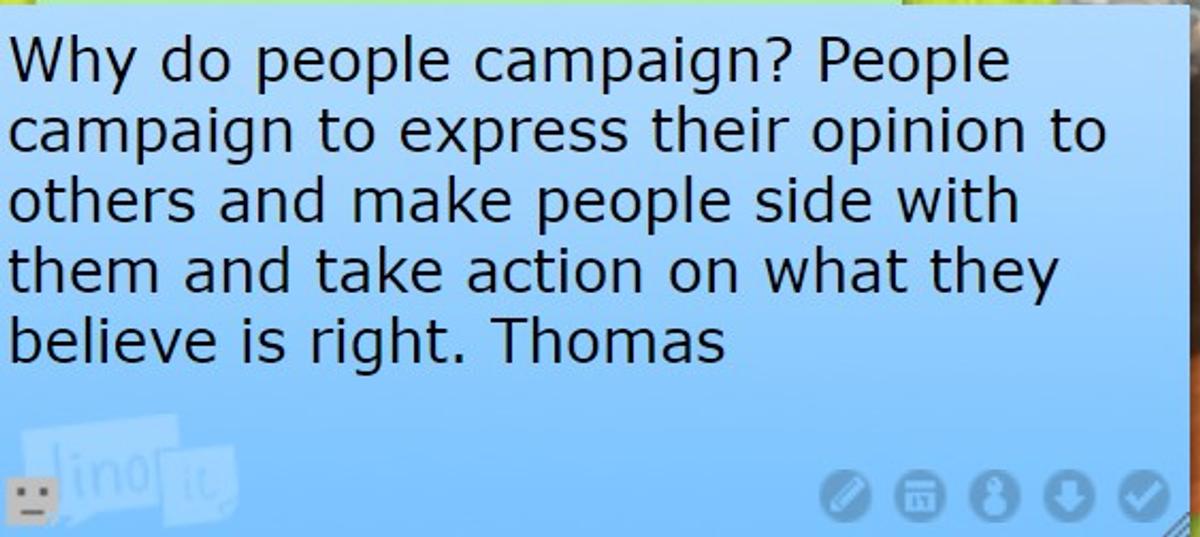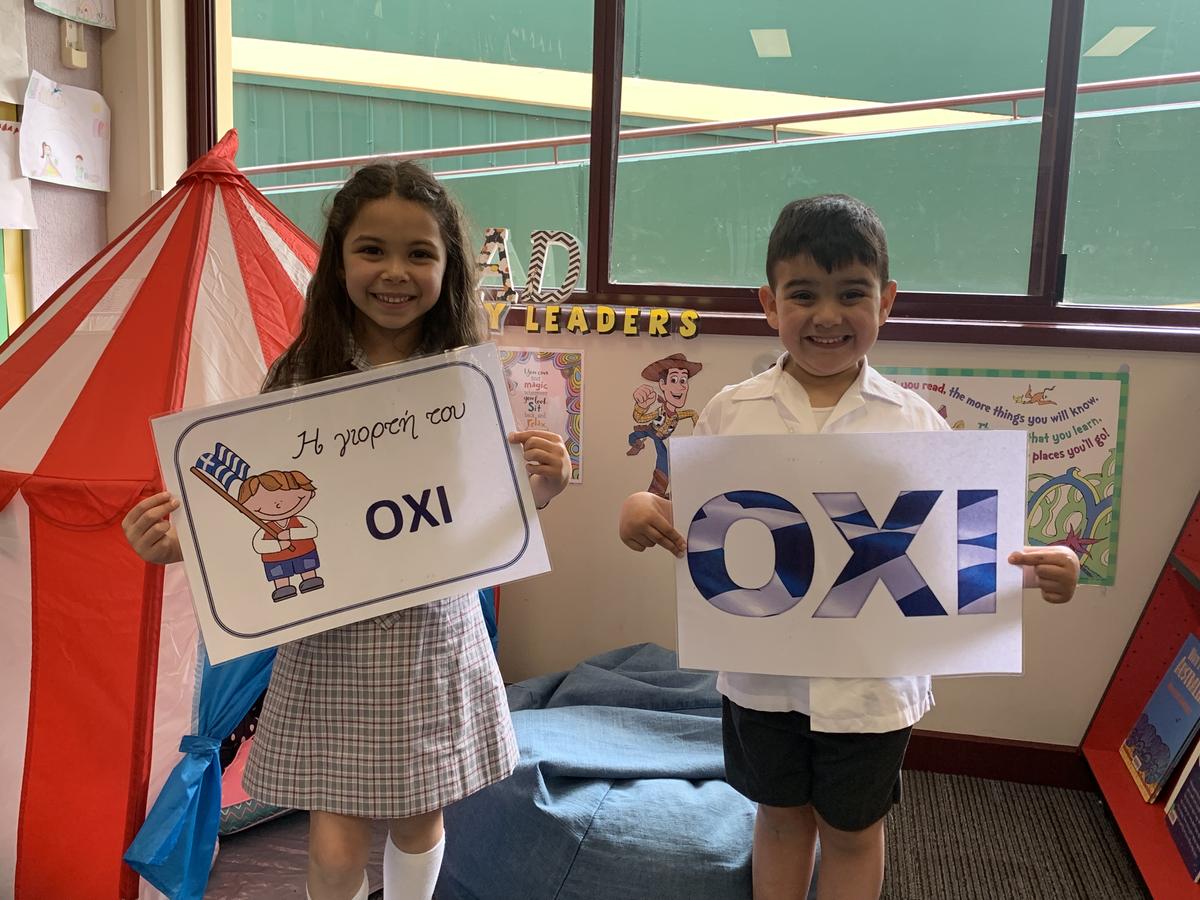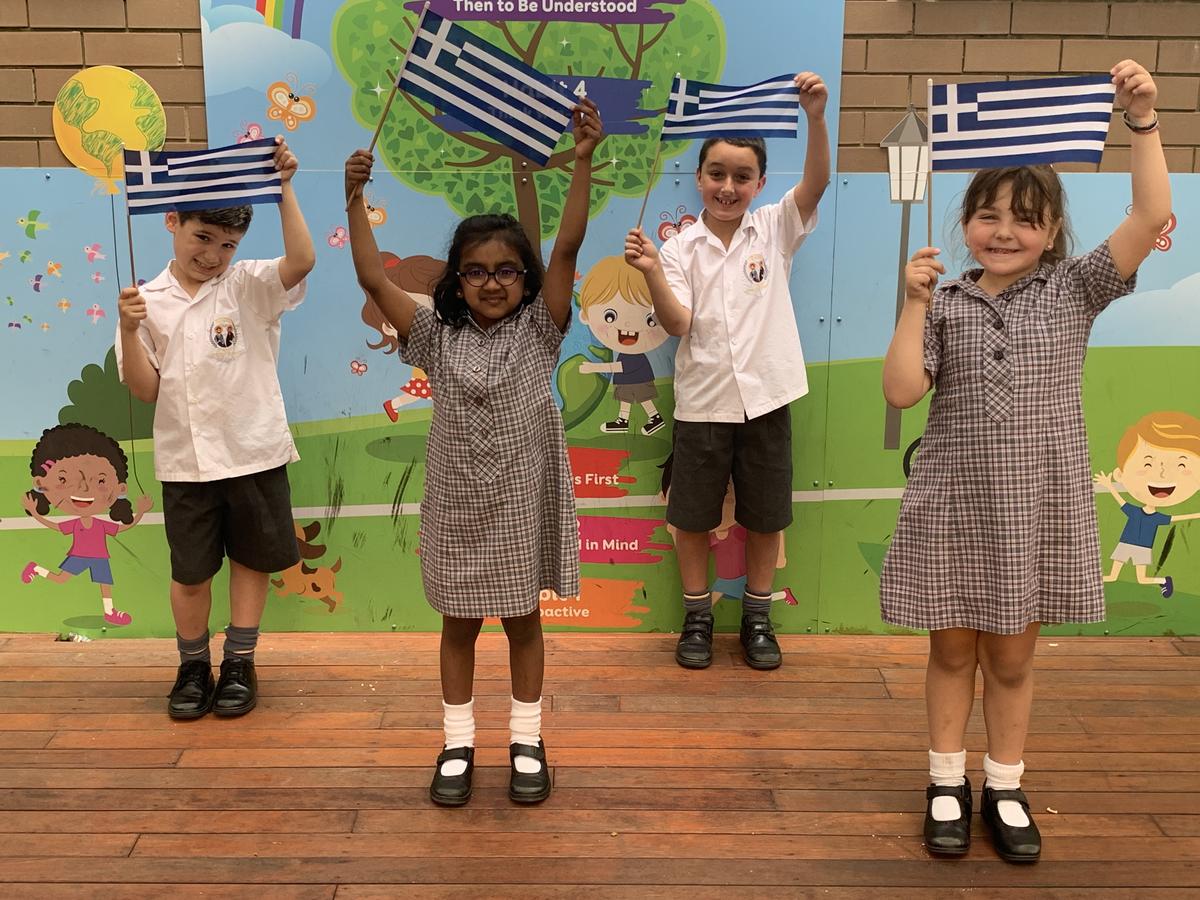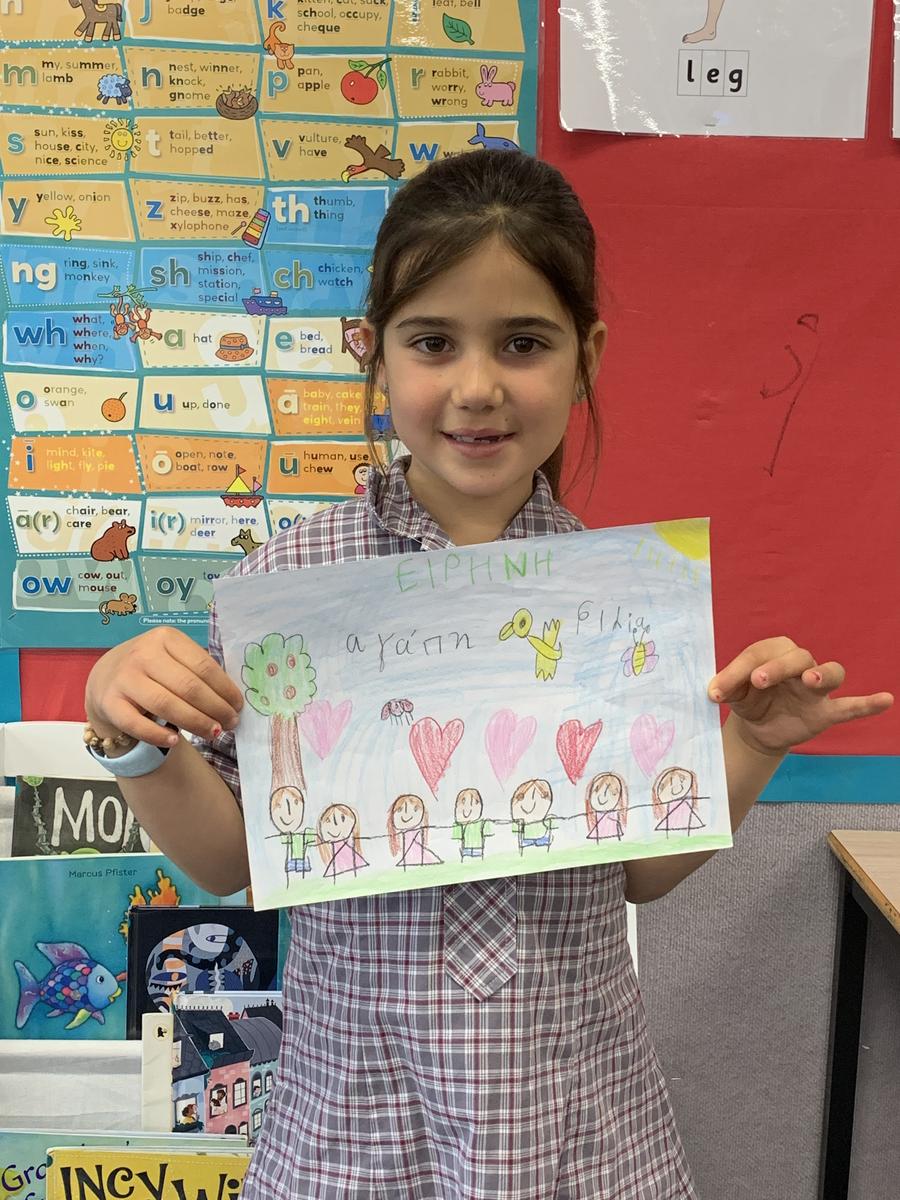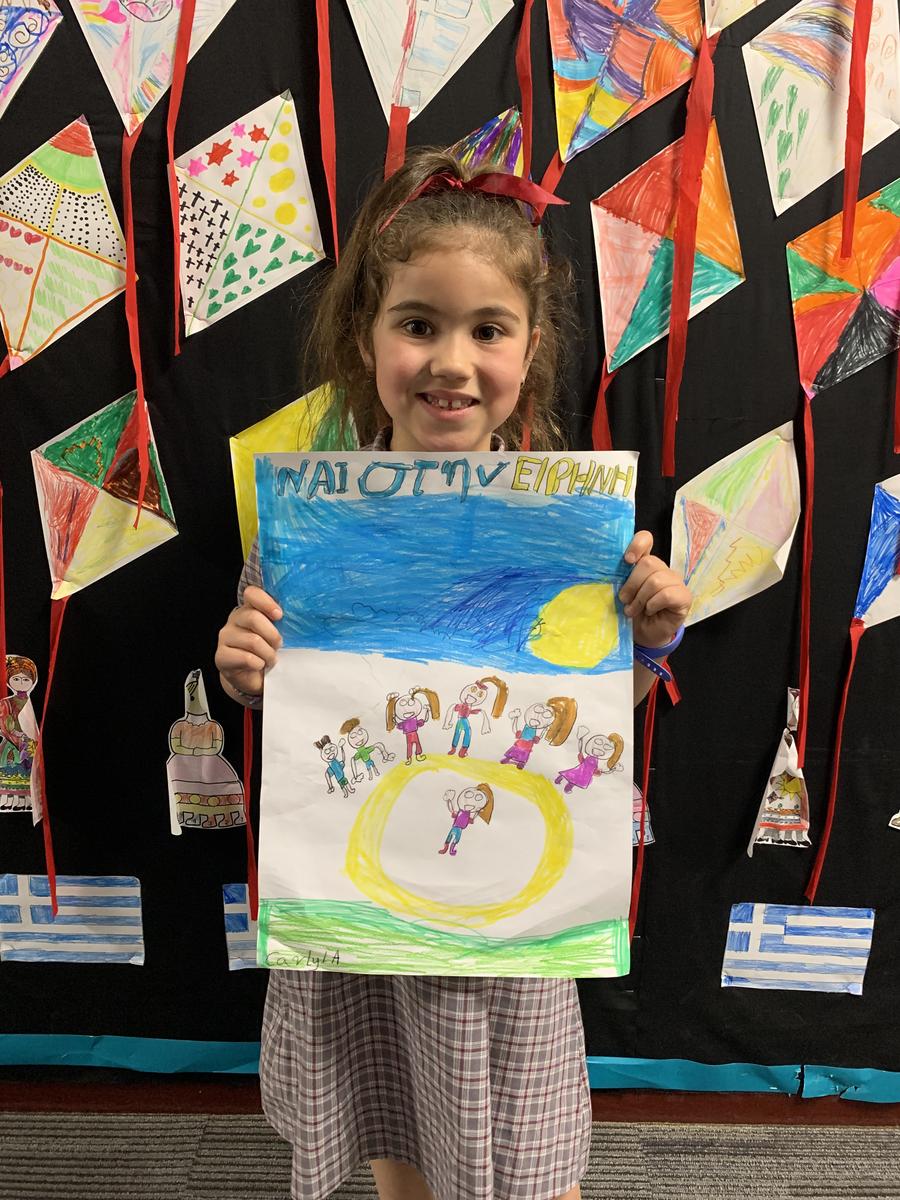Faculty News

Counselling
FIONA BAUDINETTE
Student Counsellor
SETTLING BACK INTO SCHOOL ROUTINE
It is wonderful that we are finally transitioning back to on-site learning. We have certainly had a difficult year with so many lockdowns and disruptions. Some children thrive in remote learning but, most have found it very challenging – lack of motivation and disengagement amongst the biggest challenges with respect to schoolwork, and missing friends the singular biggest challenge of all. Seeing friends is the overwhelming response when students are asked what they are looking forward to when returning to school. We are human after all and therefore, programmed to interact face to face.
Whilst spending time with friends is the most important element of returning to school for most children, so too, it is to be expected that some friendships may have shifted or changed. Prolonged periods apart inevitably cause change even in established relationships. It is important, therefore, to anticipate that there may be a bumpy first few weeks while these friendships find balance again. This is normal and should be expected, and hopefully will settle quickly.
You may wish to prepare your child for a possible change in friendships if they haven’t spent time with their friends online or at a park. Whilst not giving them cause for worry, perhaps just mention that it may take a few days to settle back in and that’s OK. Now that we are allowed to have visitors again it may be a good idea to invite one friend at a time, over for a few hours or catch up at a park. Strengthening friendships is best done with one child at a time, rather than a group. If your child experiences ongoing friendship worries, then please contact the class teacher, co-ordinator or myself, for assistance.
Many children have found it difficult to engage in online learning in the same way they would if at school. This is understandable. Classwork may have fallen behind and your child may feel anxious about how they will cope. They may be worried that they won’t know what the teacher is talking about in some subjects. Assure your child that teachers are expecting differences. They are prepared and will accommodate these differences as best as possible. Explain that they will not get into trouble for falling behind in work and that they will be supported to catch up. If your child is able to complete any outstanding work prior to full time learning back on-site, then this is to be encouraged as it will help ease anxiety related to classwork. It would be helpful to email the teacher/s if your child has concerns related to classwork, so they are aware.
Similarly, please contact the teacher/s, co-ordinators or Head of School if your child has worries of any kind during these weeks back on-site. Remember that I am also here to support you and your child in any way.
You may also notice a few changes at home, once they are back at school. Your child may be more tired, given they will be getting up earlier and working and interacting all day long with a large group of people. This may mean they are a little grumpy by the end of the day. Re-enforcing routines of sleep etc is important to help with this. Routines, in general, are a quick way to settle children, as they know what to expect and can relax.
We are all hoping of course that we will have no further interruptions to the school year. However, given the state of flux, we are still experiencing, we cannot guarantee that this will be the case. Therefore, anticipate that we may be off-site for a day or two, or need to quarantine. I am hopeful that by the time we return next year the challenges of ‘living with covid’ will be ironed out for all sectors of the community and we will be able to adapt without disruption. I am super confident though that we have seen the last of these extended lockdowns. Hooray! Enjoy getting back to school and some sort of normal.
Careers
MICHELLE MASCARO
Careers Advisor
An important tip for students and school leavers for getting a job is to create yourself a LinkedIn profile. LinkedIn is like a professional Facebook account where you can blog, comment on professional discussions, and build a professional portfolio that aligns with your resume. This needs to be developed over a period of years before graduating from university, so start soon, and continue to work on it during university.
Here are some Top Tips shared by the head of Linkedin, Cliff Rosenberg
PICK A PROFESSIONAL SHOT
Including a profile picture in your profile is a must. Putting a face to your name makes it 21 times more likely to be viewed, but first impressions last, so make sure your profile picture is professional.
INCLUDE A SUMMARY
Clearly outline your professional story; what your aspirations are and what qualifications you have to offer that others do not. This is your opportunity to demonstrate how your unique qualities make you perfect for your dream role. This is your elevator pitch.
HIGHLIGHT YOUR EXPERIENCE
Illustrate your unique professional story and achievements by adding pictures, compelling videos and innovative presentations to your experience section. If you are just graduating, include your school history.
SHOWCASE YOUR SKILLS
Maintaining a relevant list of at least five skills on your profile will help others understand your strengths and match you with the right opportunities. Also, add other certifications that highlight important skills.
STAY ACTIVE
Share content that excites you, such as a gripping video, a well-written news story or a particularly impressive presentation through status updates.
Do you need a Tax File Number?
The answer is YES! Especially when you commence a part-time job in addition to requiring it when enrolling in a CSP (Commonwealth Supported Place) at University. To apply and also to find out about participating Post Offices, visit TFN Application.
Useful links to Victorian Universities Support Services
Australian Catholic Uni Support Services
Deakin University Student Life & Services
Federation University Student Support
La Trobe University Student Support
Monash University Get Started
RMIT University Student Support
Swinburne Uni Student Support Services
Uni of Melbourne Student Services Directory
Victoria Uni Student Advice and Support
MESSAGE TO THE CLASS OF 2021
Congratulations, you made it!
Your resilience over the past 2 years in a pandemic has been phenomenal! It has been a privilege being your Careers Advisor and I look forward to working with you when your results are released in December to finalise your post-school pathways. In the meantime, best of luck in your exams and for those not sitting exams, enjoy the break. See you all soon and know that as OG Alumni my door is always open for a visit and/or to help you with your future plans 😊
Middle Years Programme
MELISSA FITZGERALD
IB MYP Coordinator
Celebrating Service in Y6 Language and Literature
The Year 6 students are currently working on a digital campaigning unit that has the service as action outcomes embedded in it. Through this unit of study, students learn that digital life, virtual environments and the information age influence the purpose of communication and the way it is structured. Working in groups they take on the role of teenage activists who want to change the world. They work together to choose a topic before researching it and creating a logo and slogan. As a group, they then create a website to get their organisation's message out to people. They use persuasive language to educate the public about their topic to change behaviour and save the world. This unit was very successful last year with students campaigning for a range of issues including racism in sport, animal welfare and the environment.
The service and action outcomes require students to reflect on their skills and learning through the campaign and address the following outcomes:
Service Learning Outcome 1: My strengths and growth areas
- Why is campaigning an important life skill?
- What personal strengths will I bring to campaigning?
- What do I think I will learn about my strengths and areas for growth through campaigning?
- What will I enjoy about being involved in campaigning?
- What will I find challenging about being involved in campaigning?
Service Learning Outcome 2: Developing new skills
- What new skills did I learn through campaigning?
- How did I demonstrate that I was a RISK-TAKER during campaigning?
- What challenges did I have to overcome when learning through campaigning?
- How did I help others?
Service Learning Outcome 3: Planning service activities
- What topics did we originally discuss and which one did we choose for our campaign?
- How did I help with the planning process?
- How well did I contribute to discussions?
- Did I feel heard?
- How effective do I think campaigning can be in changing issues in the world?
- How effective can campaigning be in improving communication and teamwork?
Service Learning Outcome 4: “Stick-ability”
- How well was I able to stick with a long-term service project?
- What did I learn about myself when working on a long-term service project?
- How did working on a long-term service project help me to understand the people I was working with and the complexity of the topic I was campaigning for?
Service Learning Outcome 5: Collaboration
- Who did I work with to achieve the goals of this service activity?
- How well did I listen when others in the group talked?
- What did I learn from my peers/ teacher?
- How did we solve problems in our group?
Service Learning Outcome 6: Understanding other cultures and people
- How did my involvement in the service activity help me to learn about how other people live their lives?
- What did I find that was the same or different from my own experiences of life?
- How relevant to developing international-mindedness was our topic?
- What did I learn about the world?
Service Learning Outcome 7: Treating others with respect and dignity
- How well did my words and actions show people that I am CARING?
- What does the word ethics mean to me?
- How did “walking” in the shoes of others, teach me to be respectful of people who may experience difficulties and hardship in their lives?
Hellenic Culture
ANASTASIA SPANOS
Hellenic Culture Coordinator
The month October is very special for Hellenic Culture since we commemorate “OHI Day” (Η Ημέρα του ΟΧΙ). Every year lots of events are organised in the Greek community to commemorate the significance of the day and pay our tribute to those who lost their lives during WWII.
This year due to the current Covid-19 restrictions we commemorated this special day in a different way.
Even though we could not have our big Annual Junior School Assembly celebrating “OHI Day”, students from Prep to Year 5 did a number of activities during their Greek Classes. Prep, Year 1 and Year 2 students learnt about Peace and created their own posters. Students in Year 4 and in Year 5 talked about the Greek National Celebration. All Junior School students leant different Greek songs dedicated to “OHI Day” and created a video which they shared with the school community.
Selected students from Junior and Middle Schools had the opportunity to attend the church services of October 26th on the Feast Day of St Demetrios and on October 28th on the Feast of the Holy Protection and Celebration of “OHI Day”. This was the first time students of Oakleigh Grammar were able to participate to the divine liturgy.
Congratulations to all students who participated in all activities!
Language and Literature
ANDREW HARBIS
Ideas for building a culture of reading at home
There's nothing quite like picking up a good book and nestling into a cosy spot on the couch ready to lose yourself in the minds of your favourite characters. Not only is reading relaxing, fun and informative, but the benefits of deep reading are immeasurable, and the neurological benefits of reading have been supported by countless studies. While the lockdown has encouraged people to read more often, society is still plagued by a terrible pandemic - no, not the Covid-19 pandemic - a pandemic of reluctant readers. Many people claim that reading is 'boring'. Books are either too long, too hard, or aren't interesting. "It's easier to watch a movie", they say. I'm sure you've heard this before. Students are often reminded how reading boosts their academic ability and overall cognitive and emotional intelligence, but no matter the emphasis their teachers stress on the importance of reading, children who are surrounded in a social environment of non-readers - this can be either family or friends - are far less likely to read and will fall into a habit of disliking reading. As we all know, habits are hard to change, but if we want to change the habits of children who don't read, we must first build a culture of reading in the home.
1.Model the behaviour
This can be difficult to do among the myriad of other things we have to do during the bustle of our busy lives. But modelling reading to our children at home goes a long way. It's never too late to start. Make sure your children know when you are reading, and ensure they can see you read. Start by discussing the book you're reading with them and show a general interest in books. Ask about what they're reading and allocate some time now and then to guide some discussion about books, like a little "book club." This only works if you're able to model the behaviour before building expectations. It will go a long way to breaking down their walls.
2. Create routines and scaffold expectations
People are creatures of habits. Neurologically, habits are hard-wired into our brains and don't change overnight. Start by creating a regular reading routine for your child. If they are reluctant readers, start with small expectations. Ten minutes before bed is a good start, and then you can build to half an hour as a minimum. This doesn't have to be every day, but it has to be often enough so that they don't fall back into the comfort of their reluctance again. Remember, you need to model the expectations you set if you want children to demonstrate the same behaviour. Make reading time an expectation until they show more of a willingness to read outside the prescribed times or for longer periods. If you need to use intrinsic motivation for those extra-reluctant readers, then make sure you use rewards sparingly and after a set period. You want reading to become a choice for your child, not a chore.
3. Choose topics they're interested in - form a connection
Don't force your child to read War and Peace because you loved it yourself at school. It's torturous! Choose books within their areas of interest, and don't expect that reluctant readers will want to dive into a novel straight away. They may want to start by reading comics, non-fiction picture books or instructional texts. If they like sports, find an autobiography about their favourite player, a picture book about the sport, or even a novel, such as the Specky Magee series. Remember, self-motivated, independent reading is the long-term goal, and sometimes it will take a series of picture books about cars or dinosaurs to get there. Also, if your child is a fan of a particular movie series, look for the novels! You'd be surprised which popular movies actually have novels. This is another great way to generate some enthusiasm and form a connection between their interests and reading.
4. Create a reading nook
This is my favourite. You can get creative with this one! Design a space somewhere in the house or outside that is a designated reading space. Try to make it appealing as possible. Generally, this includes a cosy, relaxing and safe area that is free of technology and distractions. Make your child want to come to this space to read. There are heaps of ideas on the internet about how you can design a reading nook.
5. Visit libraries and bookstores
Taking them to the libraries and bookstores every now and then is a great way to surround them with books. Initially, you may receive a groan or a teenager-esque sigh and roll of the eyes, but even if they don't buy anything, have them look at all the different titles available and see what sparks their interest. If you let them wander a bookstore, you'll be able to observe what genres interest them by the books they choose to read the blurb of. Op Shops, such as Salvos and Vinnies, stock a lot of used, second-hand books. Most of these have only been read once and donated, so for a couple of dollars, they're great value. A fun challenge is the 'Op Shop Book Challenge', where each member in the family must choose a book to buy from the shop and the goal is to read it in full. This is difficult during a lockdown, but another option to keep it fun is to browse Amazon and other online bookstores, purchase some books of choice and get excited waiting for the delivery to arrive.
6. Be honest
Not all books are great. Children are clever at picking up when you're putting on a show. If your child begins reading a book and doesn't like it after the first chapter, encourage them to read a bit more before they decide to stop it. Remind them it's okay to not like a book; there's plenty more to choose from! Also, it's okay for children to say they don't like reading. The important thing is that they're at least trying. If their friends don't read, then it becomes harder to cultivate a culture of reading. But if one person can change their habits, they can ultimately break the cycle in their social circle, too. Some children find reading naturally challenging, particularly students with dyslexia and other learning difficulties. This is where a conversation with your child's English teacher is crucial, as they will be able to assist with specific strategies tailored to your child's needs. We're lucky we live in a world where we have audiobooks, eBooks, and tools like C-Pens, which are changing the way that people who struggle to read are able to find their own connection with reading.
Encouraging reluctant readers to find a book they love is challenging. As a teacher, it's one of the toughest challenges I face. But remind yourself that it takes time to form new habits. Even if it's one sentence at a time







